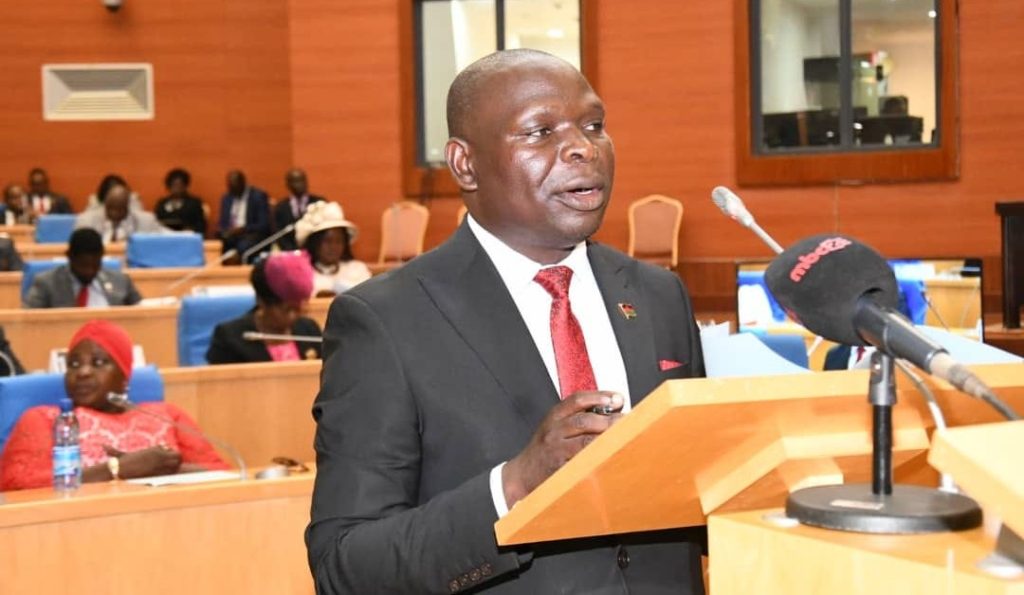Off-budget support up,treasury still cautious Off-budget support up,
Off-budget support is expected to double in the 2024/25 fiscal year, figures show, but Treasury wants the support to be reduced to curb purported violation of aid effectiveness principles.
Ministry of Finance and Economic Affairs figures show that off-budget support, which is project support from development partners whose finances are not directly managed by the government, is projected to rise to K93.2 billion.
But the ministry says the increase is still below the K217 billion off-budget support the country received in the 2022/23 financial year.
In its Summary of 2024/25 Off-Budget Support, the ministry says the rise is coming at a time Treasury is advocating for reduced off-budget support.

Reads the summary in part: “Since off-budget support partially uses or does not use country systems at all, it partially violates the aid effectiveness principles of the Paris Declaration 2005; the Accra Agenda for Action 2008; the Busan Outcome Document [the Global Partnership for Effective Development Cooperation, 2011] and the 2022 agreement for Global Partnership for Effective Development Cooperation.”
The ministry further says in all these global agreements, the use of country systems by development partners in the delivery and management of aid is regarded as best practice in development cooperation.
To this effect, it says government and development partners need to collaborate to increase support delivered through government systems and reduce off-budget support “without necessarily reducing the volume of resources, at the same time maintaining the same level of accountability”.
Support to Malawi is categorized
under off-budget if government manages only the project implementation, while procurement and finances are managed by the development partners’ organisation or if the government manages neither project implementation nor project financing.
According to Treasury, most of the off-budget support is being channelled towards democratic governance, economic governance, education, research and development, agriculture, health, water and transport.
In an interview yesterday, Secretary to the Treasury
Betchani Tchereni said if off-budget support is reduced, it will not compromise development work, saying on the contrary it could spur development.
He said: “We have a vision and an implementation plan which we believe if religiously followed will help us see our aspirations as the country moves forward.”
In a written response yesterday, Scotland-based economist Velli Nyirongo observed that while off-budget support offers significant benefits, it creates challenges in ensuring transparency and accountability.
He said: “Off-budget support plays a vital role in Malawi’s economic well-being. It bolsters fiscal sustainability, stimulates economic growth and enhances resilience to external shocks by providing a buffer of resources readily deployable during crises.
Malawi has won favour with some sections of multilateral and bilateral donors after it implemented some reforms, including the 44 percent kwacha devaluation last Novermber.
Since clinching the deal, the European Union announced plans to front-load about 60 million euro before the end of last year to inject some forex in the local economy.
The World Bank, the EU, Norway and the United Kingdom stopped providing direct budget support to Malawi in September 2013 due to Cashgate, the plunder of public resources at Capital Hill.





